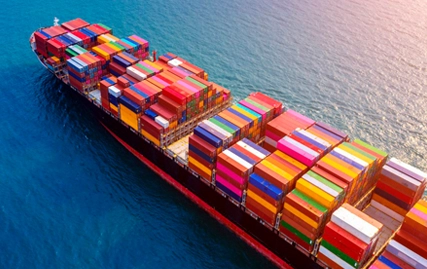
Although the material force will continue to be essential to the geopolitical power and the state, the most powerful actors of the future will rely on networks, relationships and the information to compete and cooperate. In this context, the united States will no longer have the influence that today holds in the world trade Who will be the new leaders?
The company MHI launched the report Global Trends of the National Intelligence Council, which offers a view of the world trade until 2035. The interviews with the leaders of the industry supply chain in America reveal a general agreement: in the global context, the domain of the united States comes to an end in the next five years and will be replaced by emerging networks of nations, organizations and individuals.
You might also like: world Trade fell 12.5% in the face of the Covid-19: CPB
This rebalancing provides opportunities for materials handling and logisticsas the trends of the market generated a greater demand for improvements in the supply chain, both national and international, and of materials, processes, and new and innovative technology.
A key factor will be the replacement of the loss of market share by capabilities emerging in Asia. The wars of national and international policy will be increasingly important to the pace and the impact of the regulations, tariffs and legislation in the united States and abroad.
In many asian countries, China in particular, government policies, and the growing infrastructure are driving the manufacturing and the domestic logistics to cater to a growing number of people and domestic markets.
A minor dependence on the west for the goods and services will increasingly imports from the united States and other countries. The institute McKinsey describes Asia as increasingly the centre of the world economy. By 2040, the region could represent more than half of global GDP and about 40% of world consumption.
The study shows a number of factors that need to be addressed to allow american businesses to compete successfully in the global trade. What is more important is the protection of the intellectual capital, the equitable treatment of the imports and exports and the legal protections of commercial structures, and funding.
The preparation of the workforce is a priority for the global competition. It will require more investment from private companies in these fields to meet the needs of the industry and the company. The united states, which is already the largest producer of natural gas in global trade, and it also has the potential to dramatically increase the production of crude oil.